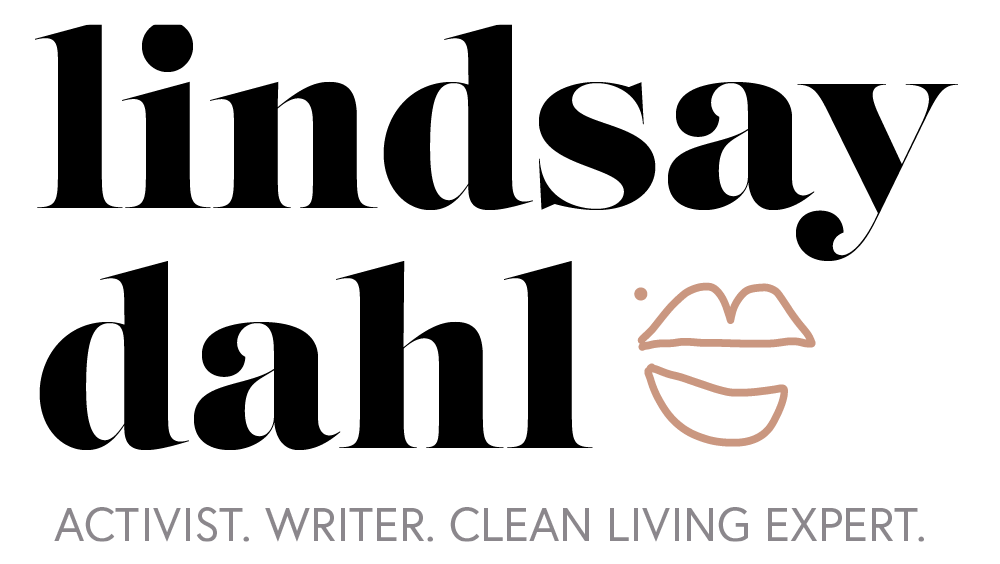You’ve seen the terms before, “dermatologist approved”, “clinical grade” and “hypoallergenic”. Do these terms have any legal standardization or meaning?
Unfortunately, the answer is no. Let me break down this complex and hot button topic.
Dermatologist approved doesn’t mean the product is made with safe ingredients
Dermatologists are medical doctors, so if they back a product it MUST be safe, right? As someone who saw dermatologists for over a decade due to severe acne, I put all my faith in the magic creams they gave me. But here’s the thing, dermatology as a field has done little to respond to or address a growing body of scientific evidence that shows many of the ingredients used in these products aren’t safe for human health.
There are four decades worth of research showing that many ingredients used in the personal care industry have known harmful health impacts, from well known places like Harvard, University of California San Fran/Berkley, Tufts University, Duke University, and many others. Even some of the most well respected medical organizations have made statements on this body of research including the American Academy of Pediatrics, Endocrine Society, the American Public Health Association, the American College of Obstetrics and Gynecology, and many more.
Curiously absent from this list? Dermatologists. So just because a dermatologist has backed a skin care brand, it doesn’t mean that the products are made with safe, non-toxic ingredients.
Companies can use terms like hypoallergenic and clinical grade, without scrutiny
Legally, under our lax federal laws on the personal care industry, companies can use a myriad marketing terms that legally have no definition. This means they can slap things like “dermatologist tested” or “hypoallergenic” or even “all natural” without backing up those claims. Straight from the FDA’s website, “There are no Federal standards or definitions that govern the use of the term ‘hypoallergenic.'” The same is true for the widely used term, “clinical grade”.
How rigorous is the test in dermatologist tested?
The bar is pretty low, dermatologists simply need to try the product on their skin, or someone they know in order to endorse a product. Admittedly, some others use the products for extended periods of time, but they are really focused on results to your skin, not necessarily long-term health impacts from the ingredients used in the product. This is evidence by the sheer number of dermatologist-tested brands that include ingredients like parabens (linked to hormone-disruption), hydroquinone (linked to cancer and organ toxicity) and retinol (damages DNA and linked to speeding growth of tumors when applied topically).
Most products are made by third party manufacturers, but mislead consumers to think dermatologists are whipping up formulas in their doctor’s office
How many times have you gone to a company’s website to see white lab coats and bios of dermatologists? While those people did agree to have their name and bio attached to the company, most aren’t actually formulating products. The truth of the matter is the majority of skin care products are made by formulating labs. This isn’t inherently a problem, talented cosmetic chemists work there and many are making clean beauty products too. But don’t let website imagery fool you into thinking someone like your son’s dermatologist is pouring aloe from a beaker.
Next topic? I’ll help you discover what “clean” beauty really means.
Join my mailing list and never miss a post.



